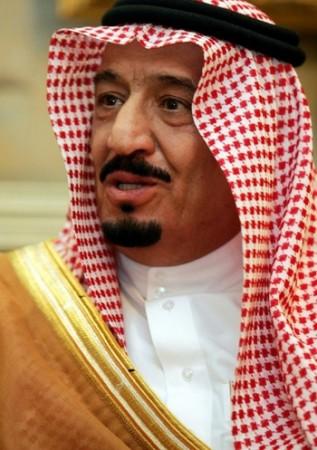
In the five days that King Salman bin Abdulaziz Al Saud has taken over in Saudi Arabia, it is quite evident that the Islamic orthodox nation will not be ending the controversial tradition of beheading criminals.
Since Friday, 23 January 2015, five executions in the forms of beheading have taken place in the sultanate.
The first beheading was that of a school teacher, Mousa bin Saeed Ali al-Zahrani, who was accused of raping young girls. The interior ministry of Saudi Arabia had alleged that al-Zahrani "raped them (his victims), detained them, forced them to drink alcohol, and forced some to watch pornographic material".
The alleged rapist was beheaded on Monday, amid protests from his family that he was falsely accused. He had even received a stay on the execution and permission for a retrial from the late King Abdullah. It is understood that when King Abdullah died on Friday, the family was notified by police insiders that an order had been reissued for an expedited beheading to take place on Monday.
Saudi nationals Omar bin Yahya bin Ibrahim al-Barkati and Yassir bin Hussein al-Hamza, and Pakistani national Latif Khan Nurzada were all executed on Tuesday, 27 January.
The interior ministry clarified in a statement that Ibrahim al-Barkati was charged with incest, Hussein al-Hamza for smuggling amphetamine pills and Nurzada for heroin trafficking, reports IB Times UK edition.
The executions in the short span of King Salman's regime have renewed debates among international human rights groups and world governments.
"It's extremely distressing to see that the Saudi executioner has already been at work, just days after King Salman bin Abdulaziz Al Saud ascended the throne," Sevag Kechichian, Amnesty International's Saudi Arabia researcher told The Independent.

















